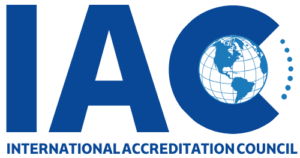ISO 9001
ISO 9001 is an international standard for Quality Management Systems (QMS), developed by the International Organization for Standardization (ISO). It provides a framework for organizations to establish, implement, maintain, and continually improve their quality management processes and systems. The standard is applicable to organizations of all sizes and industries.
Key principles and requirements of ISO 9001 include:
Customer Focus: Organizations are required to understand and meet customer requirements and strive to exceed customer expectations.
Leadership: Top management is expected to demonstrate leadership and commitment to the QMS, ensuring its integration into the organization’s overall business strategy.
Engagement of People: Involvement and competence of personnel are crucial for the effectiveness of the QMS. This includes training, empowerment, and communication.
Process Approach: The standard promotes the use of a process approach to manage activities and resources as a system of interrelated processes.
Improvement: Continuous improvement is a fundamental principle. Organizations are required to identify opportunities for improvement and implement measures to enhance overall performance.
Evidence-Based Decision Making: Decisions are expected to be based on the analysis and evaluation of relevant data and information.
Relationship Management: Organizations are encouraged to manage relationships with relevant interested parties, such as customers, suppliers, and regulators, to enhance overall performance.
The ISO 9001 standard follows the PDCA (Plan-Do-Check-Act) cycle for continual improvement. This involves:
Plan: Establish objectives and processes necessary to deliver results in accordance with customer requirements and the organization’s policies.
Do: Implement the processes.
Check: Monitor and measure processes against policies, objectives, and requirements for the product or service, and report the results.
Act: Take actions to continually improve performance.
Organizations seeking ISO 9001 certification undergo a formal certification process conducted by accredited certification bodies. This process typically includes an initial assessment, documentation review, on-site audit, and ongoing surveillance audits.
Adopting ISO 9001 can bring several benefits to organizations, including improved customer satisfaction, enhanced process efficiency, increased employee engagement, and a competitive advantage in the marketplace.
